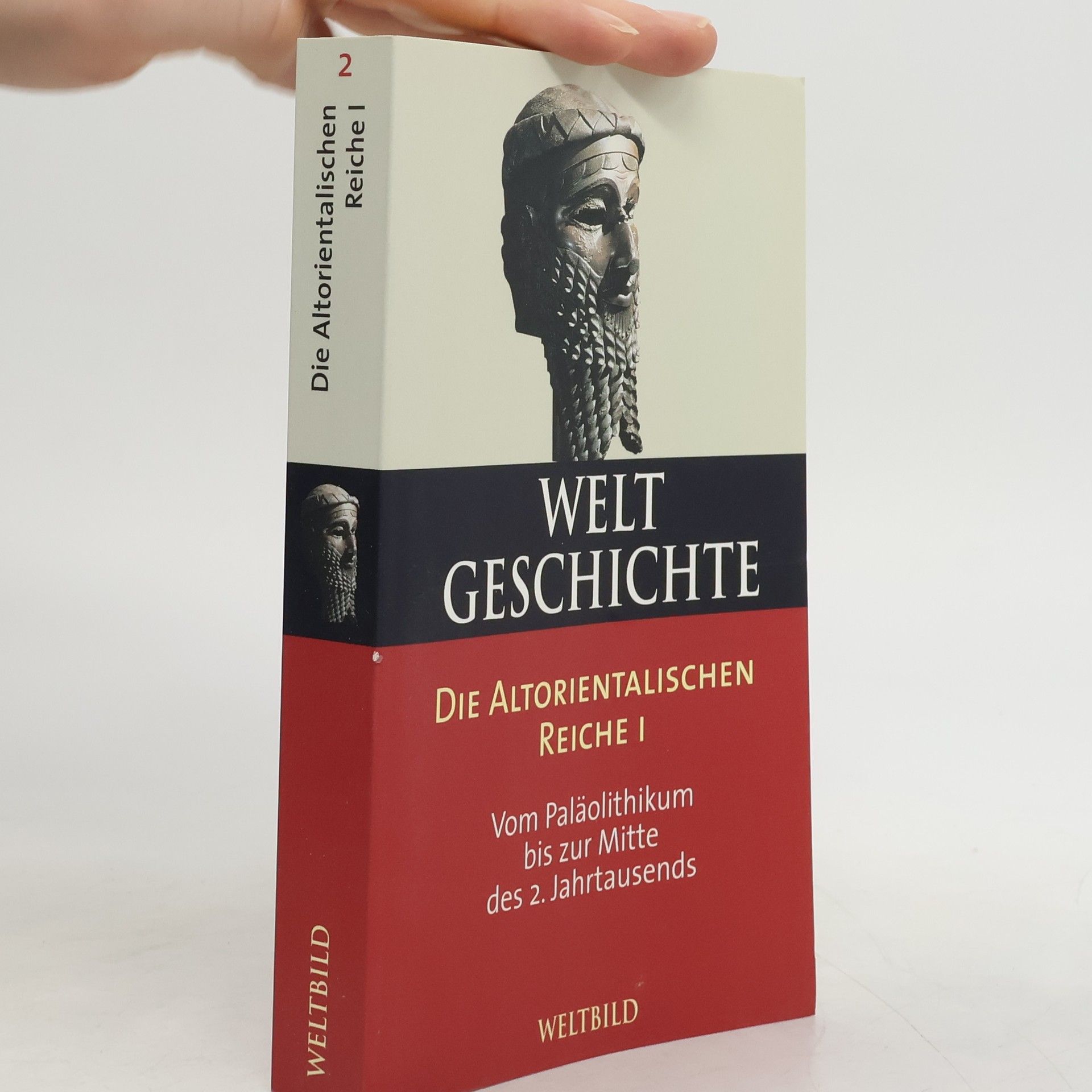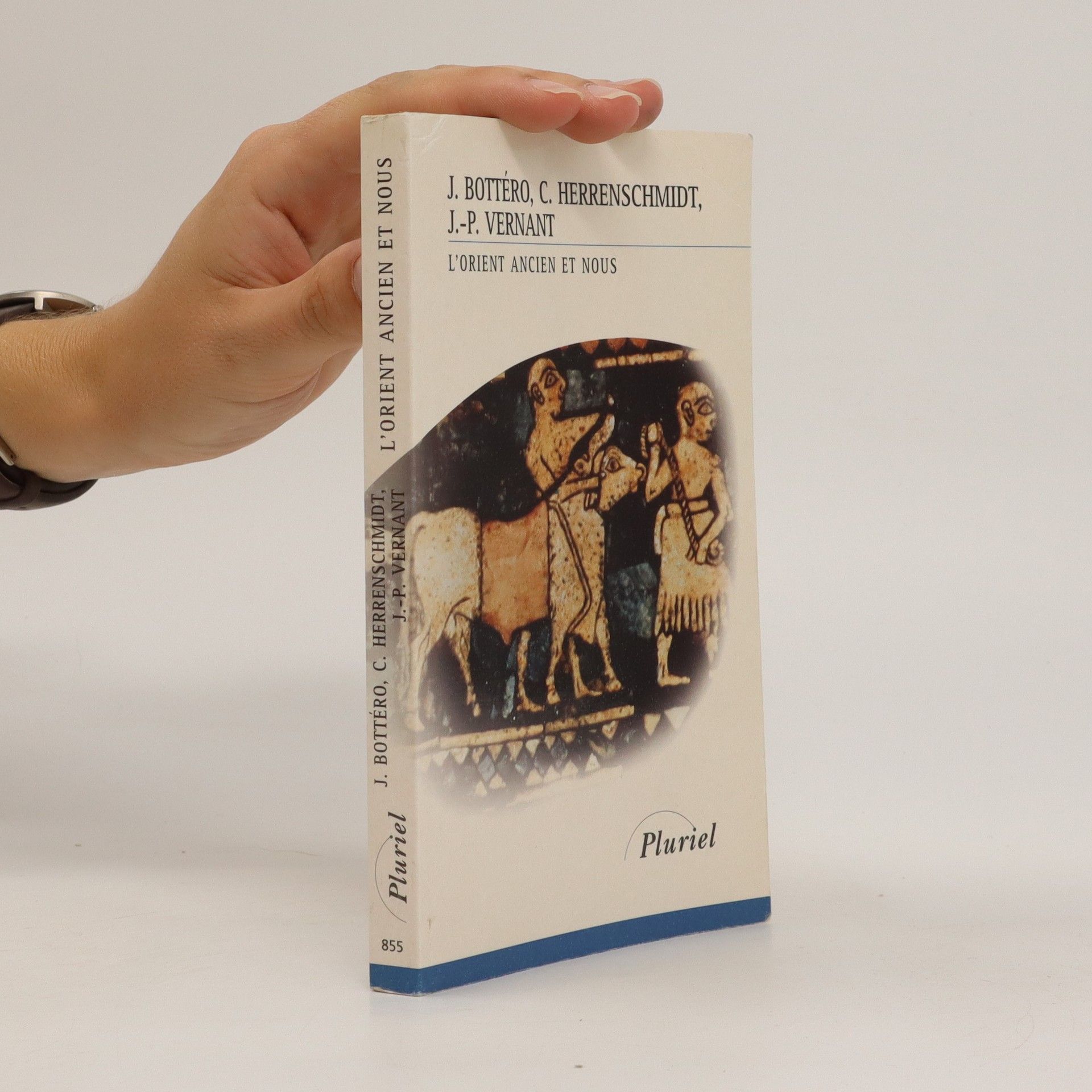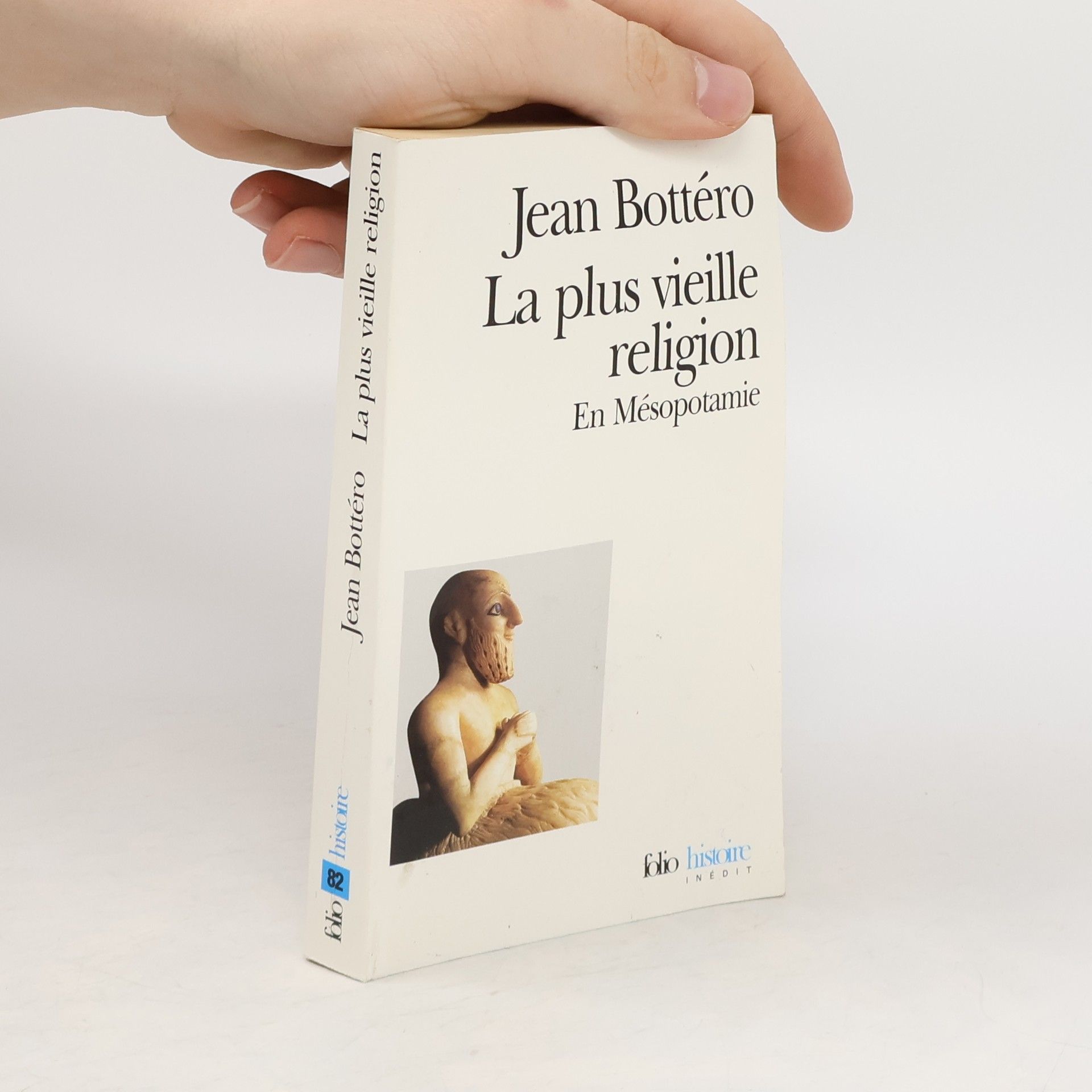L'érotisme sacré à Sumer et à Babylone
- 189 pages
- 7 hours of reading
Parmi les milliers de tablettes cunéiformes en sumérien ou akkadien, datant parfois de 3000 av. J.-C., découvertes en Iraq, se trouvent des "chants d'amour" évoquant le rite de la hiérogamie, l'union sacrée entre le souverain, représentant d'un dieu, et une prostituée sacrée, substitut d'Inanna, déesse de la fécondité. Ce rite visait à garantir des récoltes abondantes et la prospérité du peuple. Bien que cette nuptialité religieuse ne soit pas uniquement centrée sur le désir sexuel, l'érotisme y est présent, comme le montrent certains textes écrits dans un langage parfois cru mais toujours empreint d'une forte lyrique, célébrant la sensualité et la pérennité de l'amour. Après une introduction sur l'histoire sociale, religieuse et culturelle de Sumer et Babylone, ainsi qu'une étude sur la naissance de l'écriture, les auteurs présentent une littérature érotique qui rivalise avec les œuvres connues dans ce domaine. L'ouvrage est richement illustré de photographies de la statuaire sumérienne et babylonienne, ainsi que de tablettes d'argile avec des textes traduits. En appendice, un article de Jean Bottéro compare ces textes au Cantique des cantiques, soulignant leurs influences mutuelles, indépendamment des interprétations allégoriques ultérieures qui ont justifié leur inclusion dans le canon biblique.












